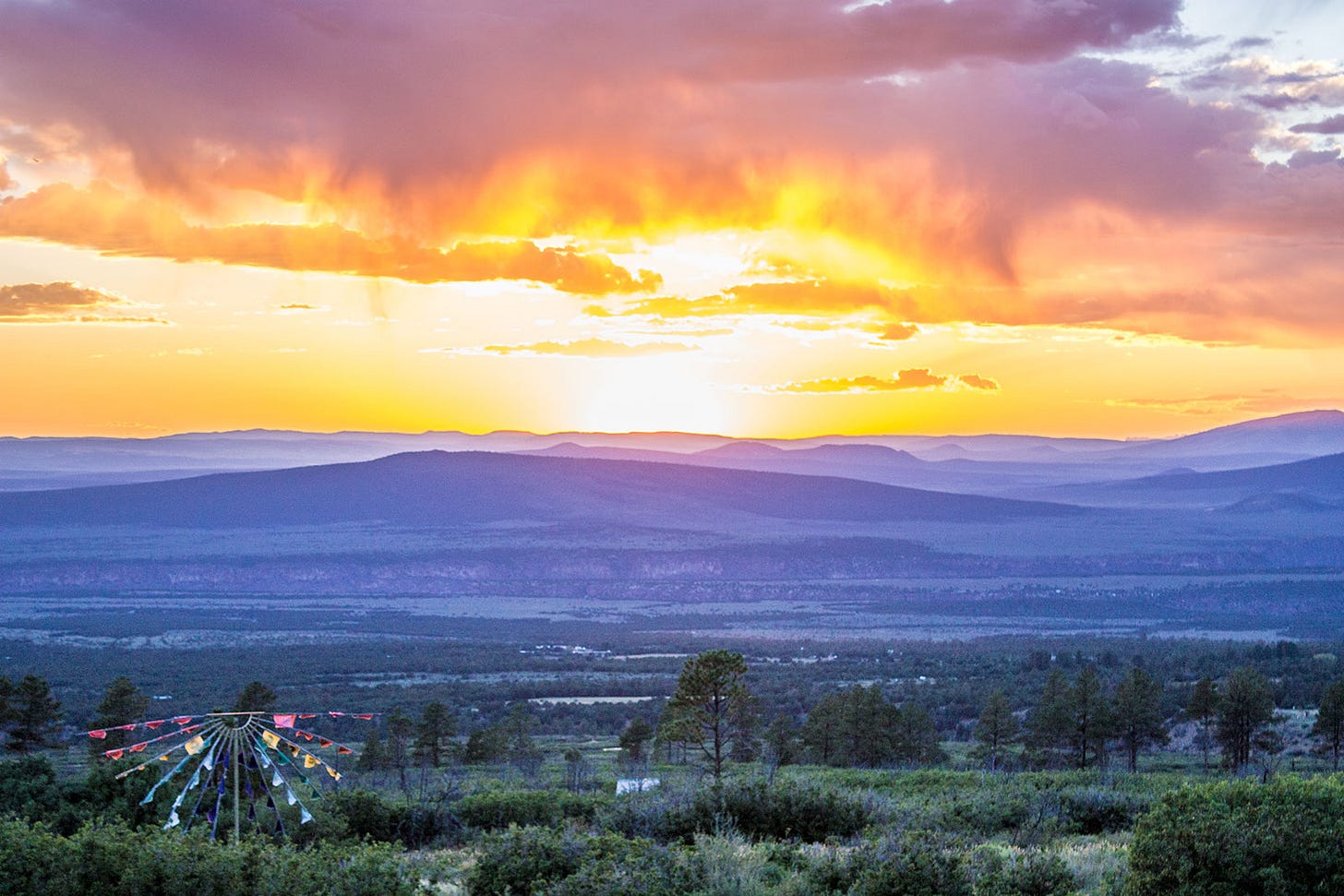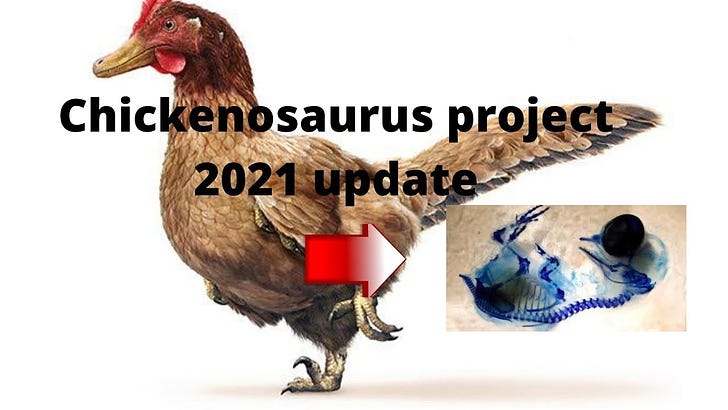
Original Website Blurb from 2012
I went to this conference/workshop/retreat mostly because I wanted to pick up some ideas on having students do basic nature journals, and because I wanted to camp in the Sangre de Cristos, which a previous mentor of mine always raved about, but it turned out to be much richer than that. I met a couple dozen really smart and interesting people, all of them passionate about nature, most of them academics who were willing to work across disciplinary boundaries. People like Nancy Holmes, who said at one point how much she appreciated the retreat because she was starting to feel like a poet again, and not just an administrator or a paper-grader.
Because this is just a reading and not an interview, a little (very little) background on her [updated to a 2020 version].
https://news.ok.ubc.ca/2020/03/20/the-endless-inspiration-of-human-nature/
I'm pretty ignorant where poetry is concerned, but I know what I like when I hear it. Nancy's first poem reminded me of last summer's Episode 10, BEAR WEEK. I didn't connect in the same way with the second one, but I don't think I was supposed to. I hope my students wouldn't, either, but I'm going to play it for them and see.
Next time we'll dive back into science with a virtual visit to the Galapagos, where we'll meet the vampire finch, among other things, courtesy of another “Lama Bean.” In the meantime, check out In Search Of, season 2, episode 8, "Ogopogo." If you can't find that (or if you like computer graphics more than Leonard Nimoy's voice), you can settle for MonsterQuest's treatment of the same subject.
Updates from 2021
The Lama Foundation’s telephone is apparently broken. It was founded in 1967, the year before Auroville, in India, which has grown into a community of about 3,000 people, worthy of international attention, a 2018 Buzzfeed mini-documentary, and a new book. Most utopian or intentional communities burn out long before their 50th anniversaries. So Lama is small, but venerable for its advanced age.
I have never been back to that place, but my interest in utopian communities has never waned. Earlier this year, I was surprised to learn that another utopian collective was behind Biosphere 2, in the very well-made documentary Spaceship Earth, directed by Matt Wolf. They spent decades roaming the Earth, doing all sorts of successful projects, before their community crashed and burned in the Arizona desert, thanks in part to … Steve Bannon? (is there anything he can’t ruin?) The physical site still exists, and is open for tours.
Nancy Holmes
I never did find a copy of her Ogopogo poem, not one that I posted, anyway. I’ll dig into some old e-mails and see what turns up.
Steve Cox
The mentor I mentioned in the blog post above, but never named, has now apparently retired from Rice University to northern New Mexico, where he leads the Northern New Mexico STEM Mentor Collective, putting college kids into schools where they form long-term relationships with k-12 kids and teachers in these mostly rural areas. Check out the video interview with him on that page.
Dr. Cox was pretty great to me while I was a floundering post-doc, even giving me my first solo teaching job, doing molecular biology workshops for professional mathematicians. I certainly owe him a plug, and many thanks besides.
Grace Clark
One of the nicest things that happened to me this summer was meeting a young artist from Minnesota, who taught a course on utopian arts-based education at Gov School 2021. From her personal pedagogy page:
Influenced by some of history’s great artists, educators, and alternative institutions, I am drawn to pedagogical philosophies that consider the learning of life and art as one [and] the same.
I feel much the same way about science. It’s not just a profession; it’s a way of life. I write this stuff because after so many years of study it has become as natural to me as breathing.












Share this post